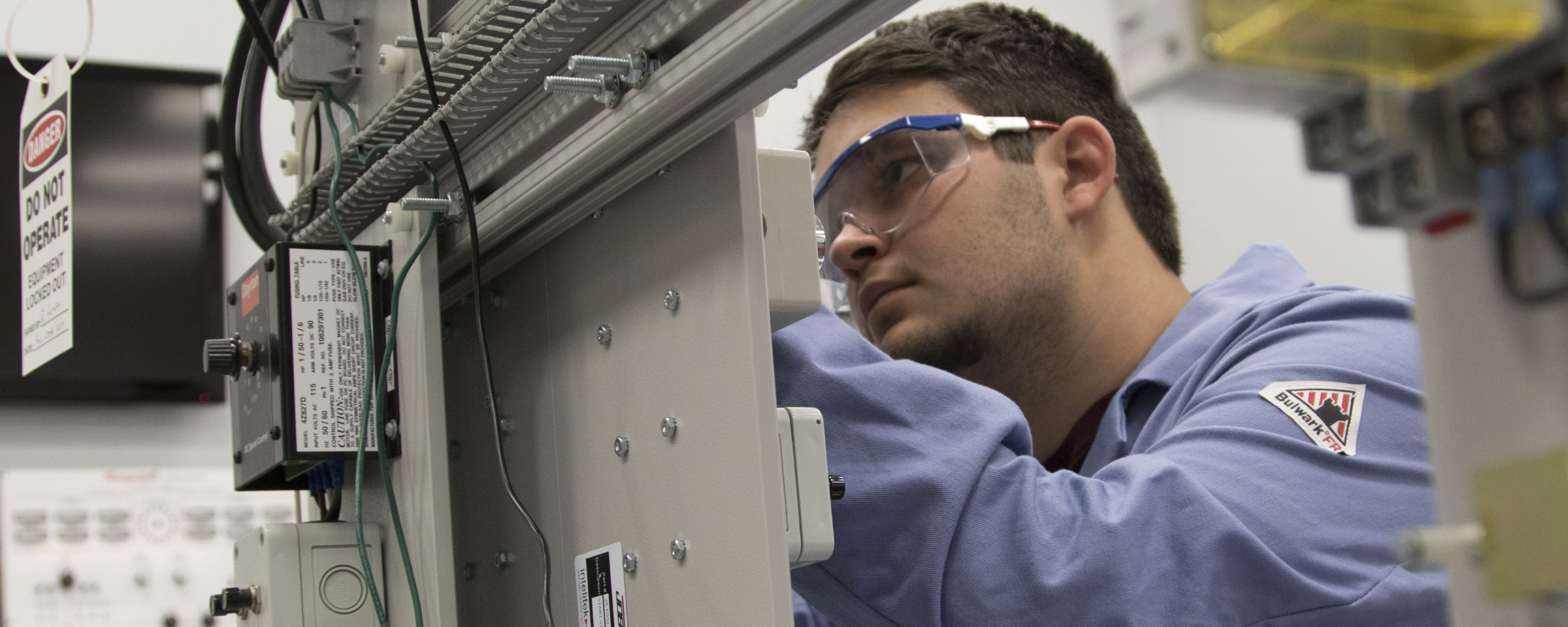
AN ADVANCED LEARNING EXPERIENCE - Grant provides WCJC geology students with cutting-edge learning opportunities

A National Science Foundation grant will help Wharton County Junior College provide hands-on learning for geology students. Pictured are WCJC Geology Instructor Peter Anderson operating a drone while students Anthony McKean of Clearlake, Calif., and Emily Gonzales of El Campo look on.
WHARTON, TEXAS – A National Science Foundation grant will enable Wharton County Junior College students to get a whole new look at science. From utilizing drones for geological mapping to participating in a six-day field trip to New Mexico, students will take their geology learning out of the classroom and into the field.
“It’s an advanced learning experience,” said WCJC Geology Instructor Peter Anderson. “We will teach through practice, taking the students out into the field and letting them perform data collection, analysis and synthesis. This is the kind of science that professionals would be doing.”
Anderson said WCJC teamed up with the University of Houston in applying for the grant, which is part of a national funding effort to improve undergraduate STEM education for Hispanic-Serving Institutions. He said roughly 25 percent of submitted proposals were funded.
“Our partnership with UH outcompeted many other universities from around the nation,” he said.
The overall concept is to boost students’ learning opportunities through the Enhanced Field Trip Experience (EFE), which includes hands-on experiences like flying drones, ground penetrating radar, potentially using Light Detection and Ranging (LIDAR) and participating in an intensive field trip.
Data from the program will determine how such experiences benefit students’ attitudes and motivations towards geoscience. Through the grant, approximately 160 UH students and 40 WCJC students will have a chance to participate over a four-year period. Grant funding will enable WCJC to purchase equipment that will provide students with cutting-edge learning opportunities. These include computer software that renders a three-dimensional virtual field experience and flying drones that assist with aerial mapping.
“This will provide our students with an experience they otherwise never could afford or find before they commit to a four-year program of study,” Anderson said. “Our geology majors can see what they would be doing at a four-year university and also connect with future mentors in the discipline.”
###

